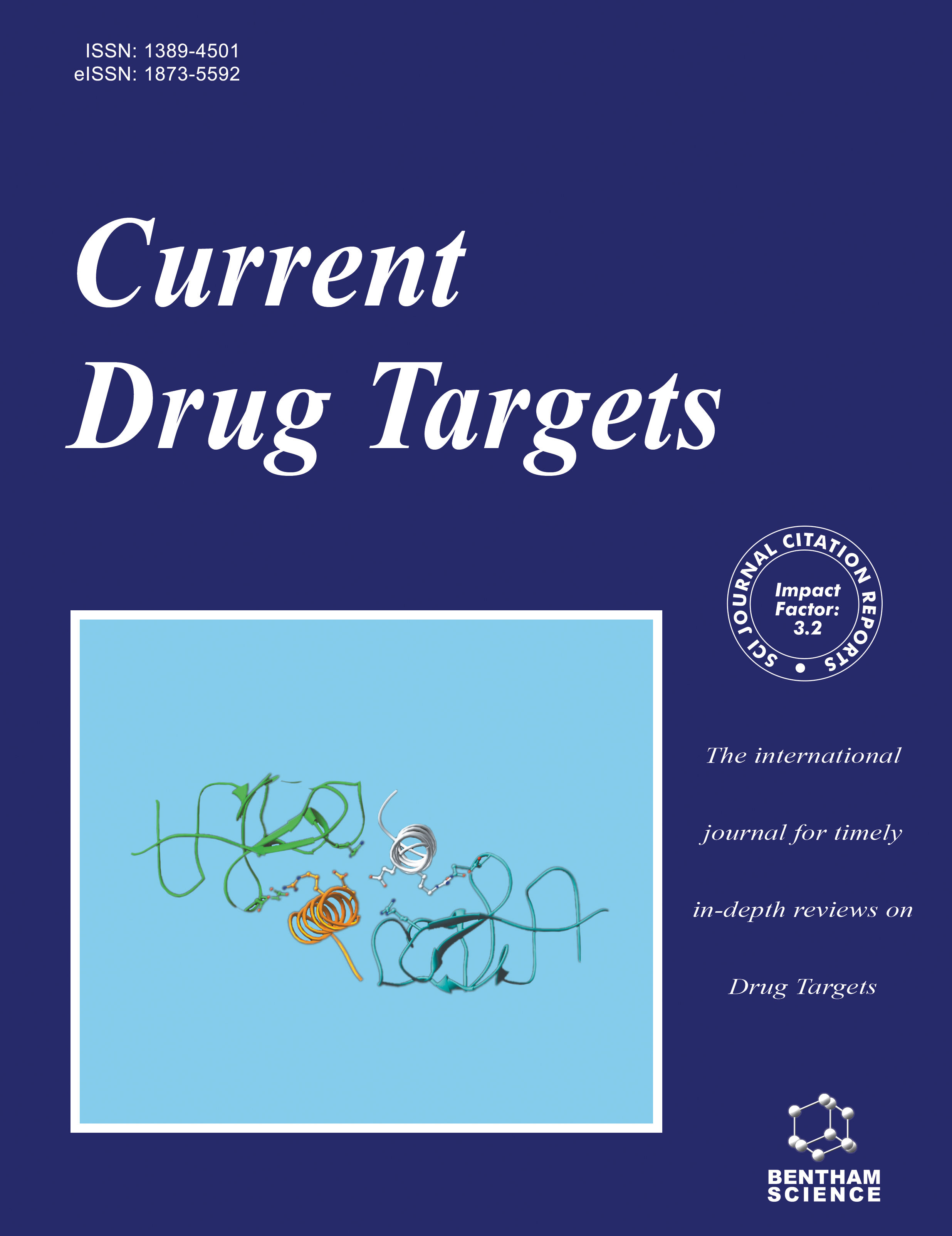-
s Novel and Viable Acetylcholinesterase Target Site for Developing Effective and Environmentally Safe Insecticides
- Source: Current Drug Targets, Volume 13, Issue 4, Apr 2012, p. 471 - 482
-
- 01 Apr 2012
Abstract
Insect pests are responsible for human suffering and financial losses worldwide. New and environmentally safe insecticides are urgently needed to cope with these serious problems. Resistance to current insecticides has resulted in a resurgence of insect pests, and growing concerns about insecticide toxicity to humans discourage the use of insecticides for pest control. The small market for insecticides has hampered insecticide development; however, advances in genomics and structural genomics offer new opportunities to develop insecticides that are less dependent on the insecticide market. This review summarizes the literature data that support the hypothesis that an insect-specific cysteine residue located at the opening of the acetylcholinesterase active site is a promising target site for developing new insecticides with reduced off-target toxicity and low propensity for insect resistance. These data are used to discuss the differences between targeting the insect-specific cysteine residue and targeting the ubiquitous catalytic serine residue of acetylcholinesterase from the perspective of reducing off-target toxicity and insect resistance. Also discussed is the prospect of developing cysteine-targeting anticholinesterases as effective and environmentally safe insecticides for control of disease vectors, crop damage, and residential insect pests within the financial confines of the present insecticide market.


